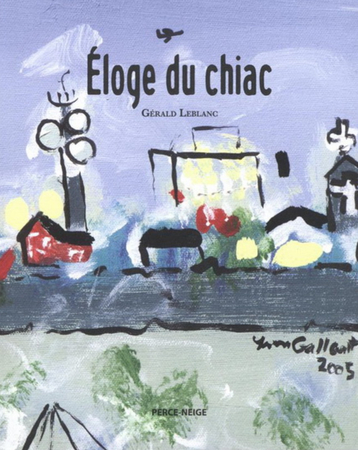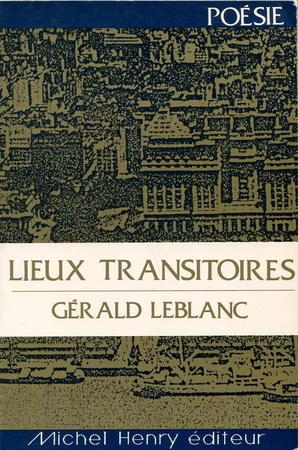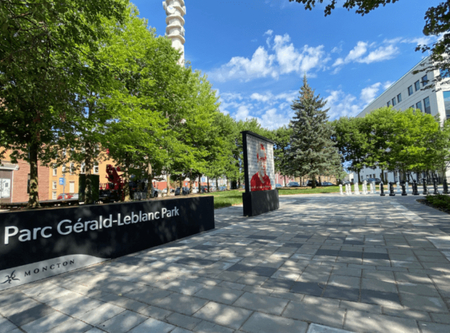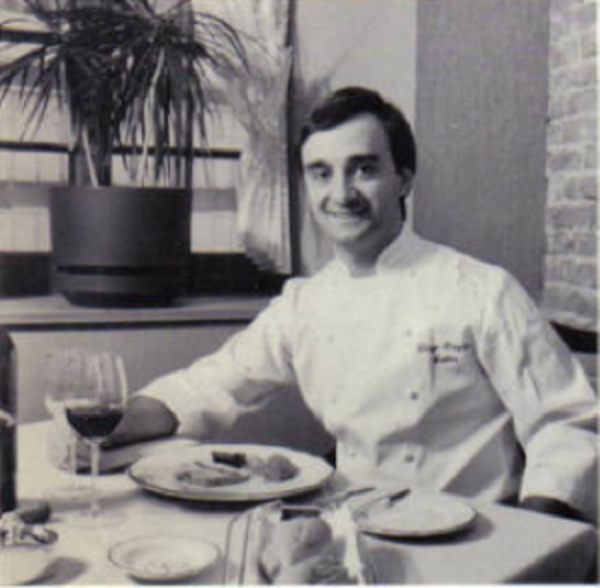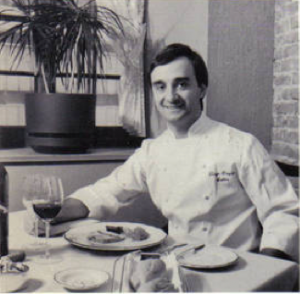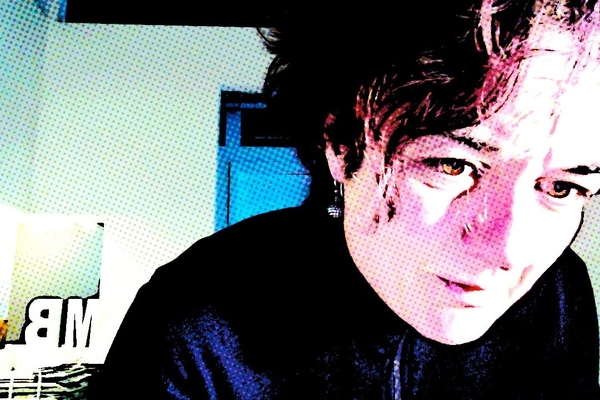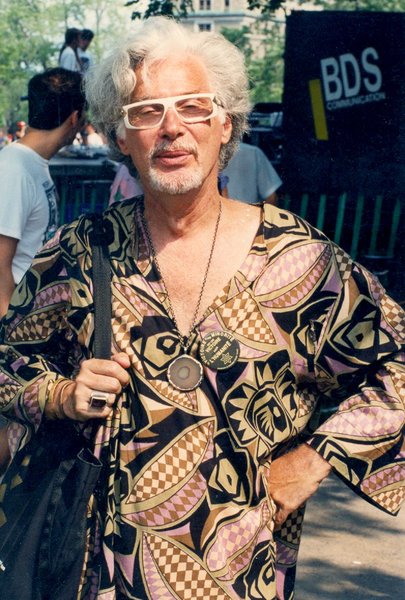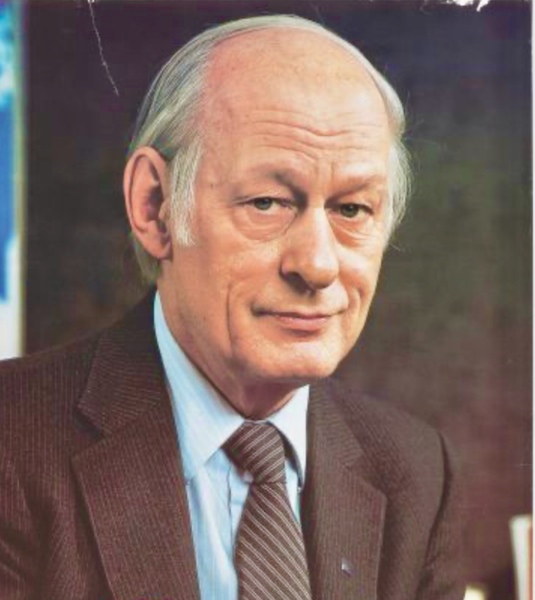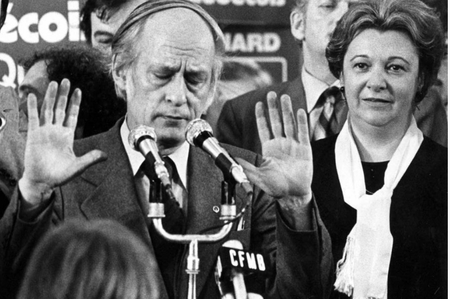By Gaëtan Vaudry
Photo: Héliotrope Editions
At just 31 years of age, his name is already on everyone's lips. Born in Montreal, but a Chicoutimi adoptee by choice, Kevin Lambert is a prolific author collecting the most prestigious awards.
His mantelpiece is already overflowing with numerous accolades, including the best thesis in Arts and Humanities from the University of Montreal, the Pierre L'Hérault Emerging Critic Award, the Discovery Award at the Saguenay−Lac-Saint-Jean Book Fair, the Sade Prize, the CALQ (Quebec Council of Arts and Letters) Prize, the Ringuet Prize, the December Prize, and the 2023 Médicis Prize... to name a few!
Graduating from the University of Montreal with a master's and a doctorate, the writer published his first novel You Will Love What You Have Killed in 2017. In this story set in an unhealthy and morbid Chicoutimi, Kevin Lambert uses hatred as a literary tone and sharply criticizes the xenophobia and homophobia that still prevails in Quebec. The young man already managed to turn many heads, mainly those in the Quebec literary scene. This success set the stage for his second novel, Querelle of Roberval, published a year later. This work - renamed Querelle by his French publisher - narrating the struggle of the workers at the Roberval sawmill against their employer, received a multitude of awards and acknowledgements, propelling Kevin Lambert's name beyond our borders.
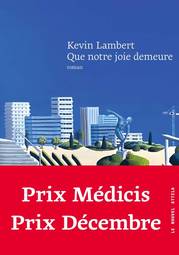
Many will remember that in July 2023, Kevin Lambert did not appreciate Quebec's Prime Minister, François Legault, highlighting his latest work Let Our Joy Remain on Twitter. The author fiercely replied to the CAQ leader's literary critique on social media: "Mr. Legault, in the midst of a housing crisis, while your government works to undermine the last bastions protecting us from extreme gentrification in Montreal, promoting my book is pitiful (...) What bothered me was not so much the fact that he reads books that are far from his political ideas or echo chamber, but the interpretation he made of my book in the context of the housing crisis." The two men would subsequently exchange a few messages.
Openly gay, Kevin Lambert, in an interview with La Presse and director René-Richard Cyr in 2021, asserts his desire to contribute to the homosexual affirmation movement in his works: "I like being part of the LGBTQ category," he emphasizes. According to him, the cultural industry imposes changes, adjustments: "Categories don't bother me at all. It's a big machine, the cultural industry, it takes time to move, but it moves.
On November 9, 2023, Kevin Lambert received the Médicis Prize for Let Our Joy Remain, a French literary award established in 1958, intended to honor a novel, a narrative, a collection of short stories, by an author who is beginning or does not yet have a reputation corresponding to their talent. The Médicis comes with a prize of 1000 euros, roughly less than 1500 dollars.


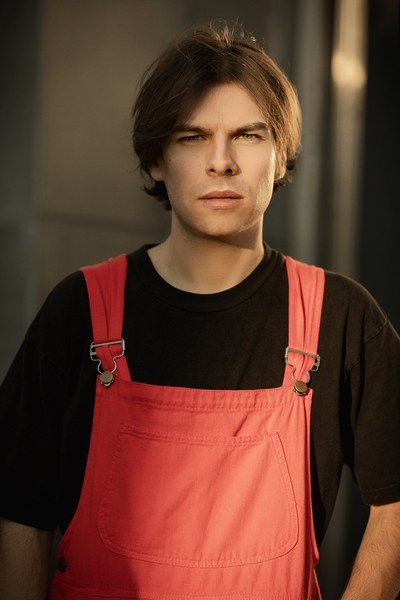

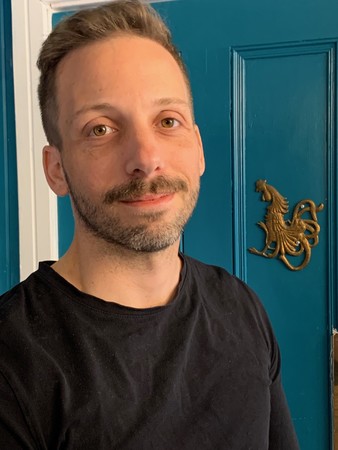
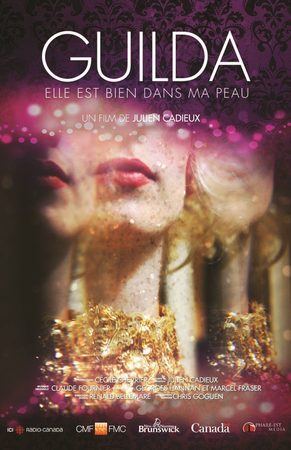
 With Dan Robichaud, from the film Daniel Le Tisserand
With Dan Robichaud, from the film Daniel Le Tisserand




